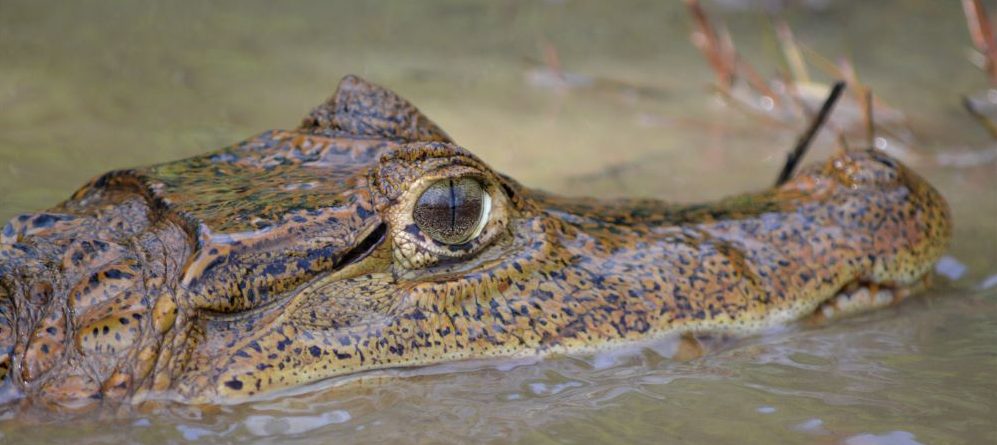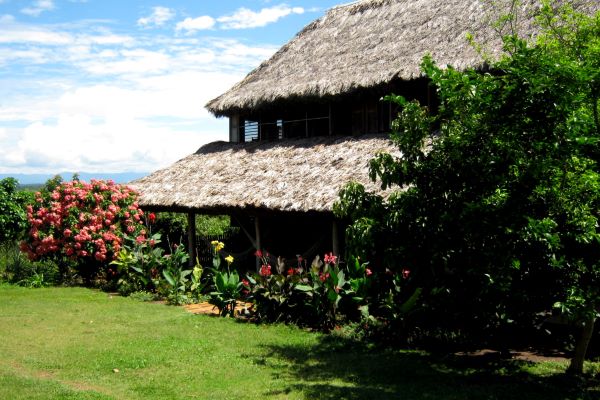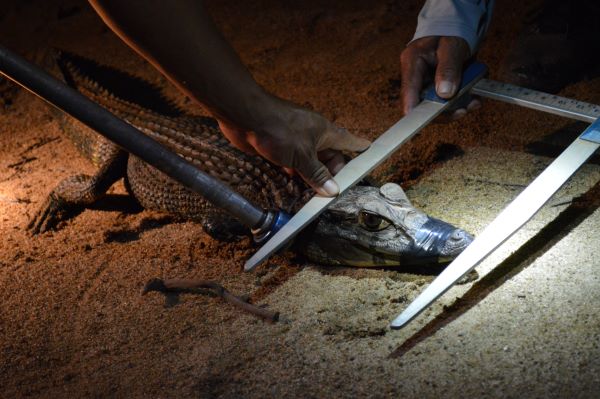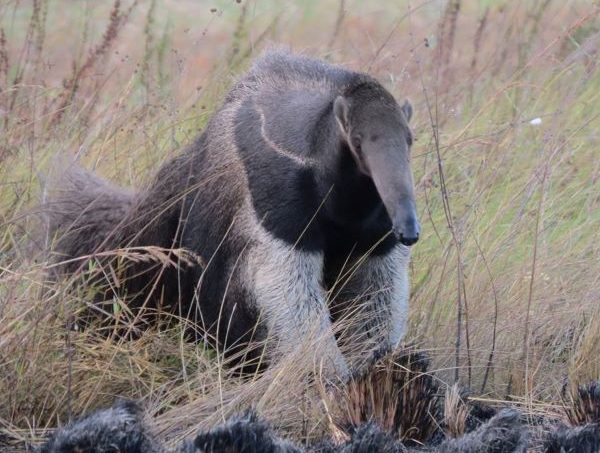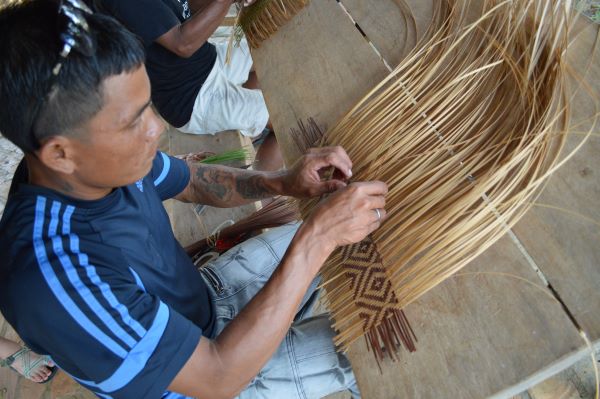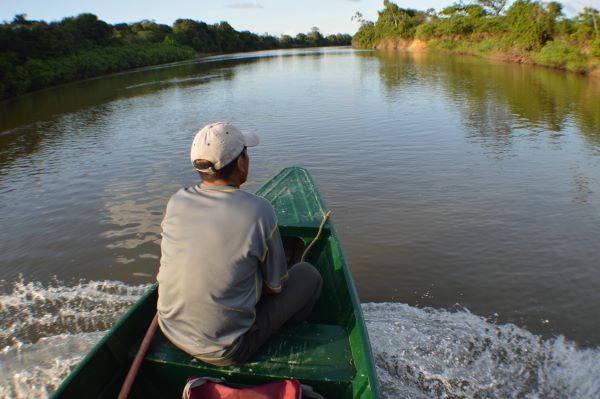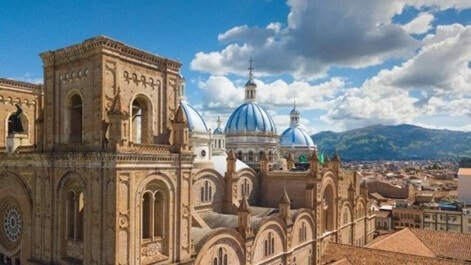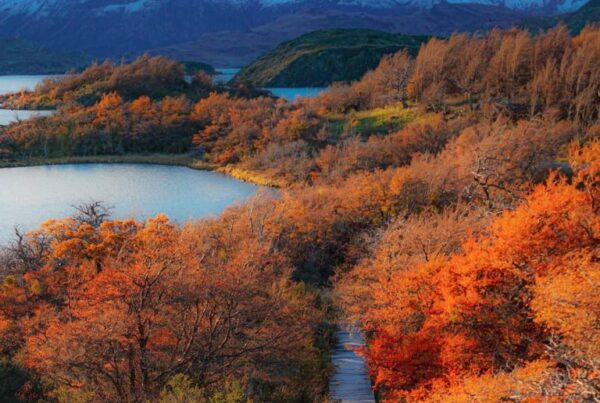Trips into the jungle should be epic — think of Conrad’s Heart of Darkness or Coppola’s Apocalypse Now! — and this one is no different.
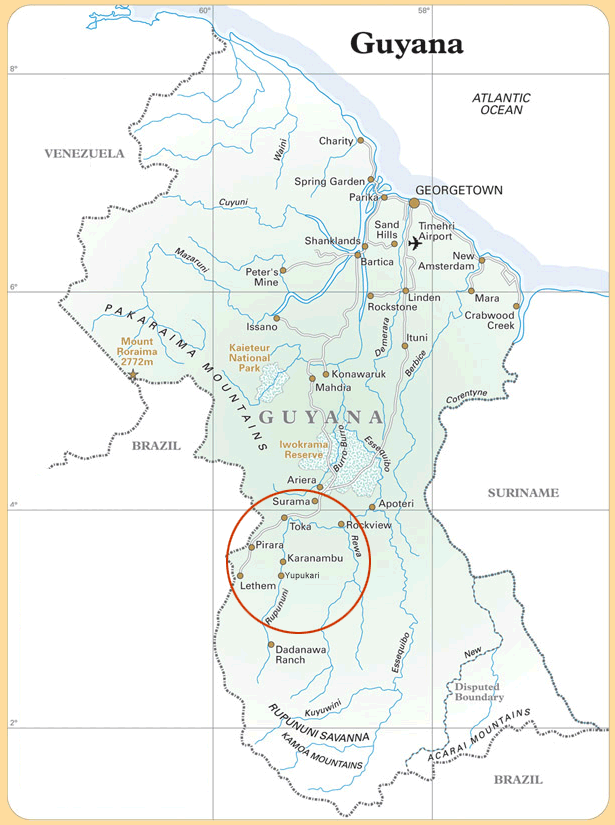 Reaching Yupukari village in the Guyana interior requires a flight from Georgetown to Lethem in the Amazon Basin and then a 4×4 journey of several hours across the Rupununi Savannah, the last part along a remote road that isn’t even marked on a map.
Reaching Yupukari village in the Guyana interior requires a flight from Georgetown to Lethem in the Amazon Basin and then a 4×4 journey of several hours across the Rupununi Savannah, the last part along a remote road that isn’t even marked on a map.
First-time visitors aren’t sure what they’re going to find at the end of the road. Which makes it all the more surprising when the jeep pulls up in front of Caiman House and you’re greeted with a refreshing hand towel and welcome drink.
Most places pay no more than lip service to indigenous tourism. But Guyana is making a genuine effort to promote visitation in Amerindian communities by raising the bar on food, accommodation and activities.
Caiman House is an awesome example of that effort — a modest yet comfortable jungle lodge with great food (and cold beer), amazing guides, and plenty to keep you occupied both day and night.
Winner of a prestigious Caribbean Excellence in Sustainable Tourism Award, Caiman House was built in 2005 by researchers from the Bronx and St Louis zoos as a field station for their study of the black caiman that dwell in the adjacent Rupununi River.
Although still available for research and field studies, the lodge is now a nonprofit owned and operated by the Yupukari community as the cornerstone of a social enterprise effort that includes nature conservation, education, economic development, cultural preservation, and tourism.
From the manager to the cooks and cleaning people, it’s entirely staffed by local residents, most of them members of the Macushi nation.
The two-story lodge features six guest rooms with en suite bathrooms, plus a patio and thatched-roof terrace for those visitors who prefer sleeping outdoors in hammocks (covered with mosquito netting).
Meals are served three times a day, home cooked and served family style in the dining room on long wooden tables. There’s also wi-fi, a library filled with books on Guyana, and a chance to purchase local handicrafts through another village enterprise called Wabbani.
But the best thing about Caiman House is the adventures one can undertake in the great outdoors beyond the village.
Visitors can participate in after-dark river trips to capture and study black caiman. Once they are safely hauled onto a beach, the crocodile-like creatures undergo 24 different measurements before being released back into the wild.
If they’re new to the study, the caiman are also fitted with a microchip to track their movements. Anthony Roberts, head of the Black Caiman Project, says that around 800 caiman have been involved in the study since it first commenced.
Yupukari sits on the cusp of the savannah and rainforest, as well as rivers that drain south into the Amazon Basin and flow north into the Atlantic along the Guyana coast.
Another favorite excursion is a 4×4 drive to view the mini continental divide, which lies amid a vast wetlands area called Lake El Dorado. The water body derives its name from a belief that it’s the Lake Parime that Sir Walter Raleigh quested in the 16th century because he believed it to be the location of El Dorado — the legendary city of gold.
Nowadays you’re more likely to come across a giant anteater, burrowing owl or copious bird life on the drive. It’s especially pleasant at dawn, the sun rising over the golden grasslands.
Visitors can also organize a river fishing trip or bird-watching excursion, learn how to paddle a dugout canoe, see giant lily pads, or undertake a guided walking tour of the village which includes a cotton craft center where residents spin raw cotton into thread for hammocks and other handicrafts.
Yupukari is also the ideal place to organize a multi-day journey with guide Ashley Holland up the nearby Mapari River into a remote, pristine part of the Guyana Amazon that’s uninhabited and rarely visited by anyone.
One of the best things about that journey is knowing that after four or five days of heat and sweat, there’s a warm shower, a cold beer, a hearty meal and a comfy bed waiting for you back at Caiman House.
